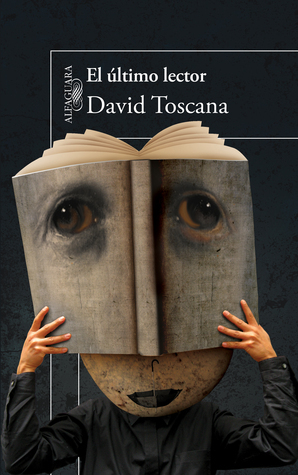What do you think?
Rate this book


182 pages, Paperback
First published August 30, 2004
así como el agua hace más falta en el desierto y la medicina en la enfermedad, los libros son indispensables donde nadie lee
Conocía otros libros de Antonio Pedraza [🤭la Rayuela se juega con una piedrita, verdad?], de cuando en su biografía enlistaba sus publicaciones y no sus viajes por el mundo; entonces su prosa sí expresaba algo, se ocupaba de gente sin tarjeta de presentación y que caminaba por una calle cualquiera, una calle que se llamaba calle y no rue. Este hombre ya no escribe para mí, dijo Lucio. Se puso en pie y dejó caer la novela. Antonio Pedraza, descanse en paz.
las almas de todos esos hijos de la gran puta que predican que Latinoamérica ya no da para las letras si no se le disfraza de gringuezAunque también a veces también es medio desgraciado porque al cuarto también debe ir
las almas femeninas que debieron sentarse a tejer, recostarse junto a su hombre, surtir las legumbres del día, en vez de suponer que se les había dado la palabra para algo más que un chismorreo entre vecinas(y creo que Lucio es un desgraciado porque también hay “almas masculinas” que se comportan igual y se me hace me merecen el mismo destino).